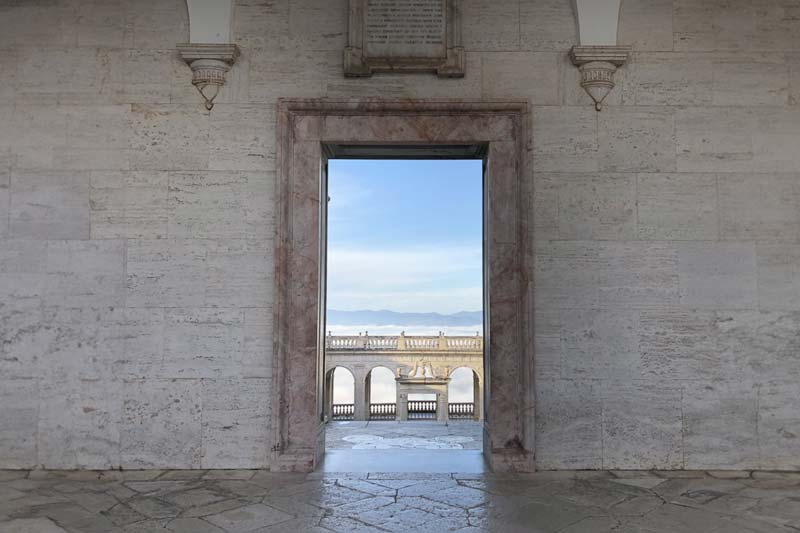Identity-Based Resources for Study Abroad: Heritage Seekers
Heritage seeking through study abroad can be a powerful experience for many students. If you are interested in traveling to a country where you have roots or ties, you may have the opportunity to learn more about your family’s ancestry, language, culture, and history. Heritage seeking can be a complex journey filled with opportunities for community-building and cultural connection. Still, you may experience unexpected moments of culture shock or dissonance as you encounter cultural nuances in your host country.

For many heritage seekers, these experiences often foster a new sense of belonging and understanding of themselves.
Although you may already have a good amount of knowledge about your host country, consider doing further research on other heritage seekers’ experiences in the country. Your host country may have varying opinions of Americans or the U.S., and despite your cultural heritage, you may be perceived by some as American first.
Some heritage seekers may also feel pressure to be “experts” on their host country’s culture, language, or traditions. Consider how you may feel if you find you are not as confident with the language as some expect you to be or as you thought you were. Additionally, consider how your cultural background and identity shifts while abroad may impact your experience.
Even if you do research ahead of time and consider yourself to be very familiar with your host culture, traveling to a new place may still feel unfamiliar to you. You may find it useful to brainstorm how you want to react if you’re asked uncomfortable or unexpected questions by locals. Study abroad alums have also emphasized the importance of self-care and understanding that if you need to take a day to rest, you aren’t “failing” your experience. Similarly, it may be helpful to speak to another student who has studied abroad in your host country or who has studied abroad from a heritage-seeking perspective.
Questions to Consider
- What aspects of my cultural, religious, or ethnic heritage am I most excited to explore in my host country?
- How will my cultural background or identity impact my experience abroad?
- How will I feel if someone in my host country assumes I can speak or write a language based on my visible racial or ethnic identity?
- How will I react if I encounter parts of my host country’s culture that I disagree with or am surprised by?
- How are people from the United States perceived in my host country? Will I be treated differently because I am a study abroad student coming from the U.S.?
Resources
- Heritage Seekers: Region-Specific Considerations and Resources | Northwestern University
- Going Home to China | Caitlyn Favreau, IFSA-Butler
- What the Food in Buenos Aires Taught Me About My Latina Identity | Briza Maldonado, IFSA-Butler
- Exploring My Mexican Identity in México | Carolina R.-B., IFSA-Butler
- Heritage Seekers Abroad | The University of Michigan


